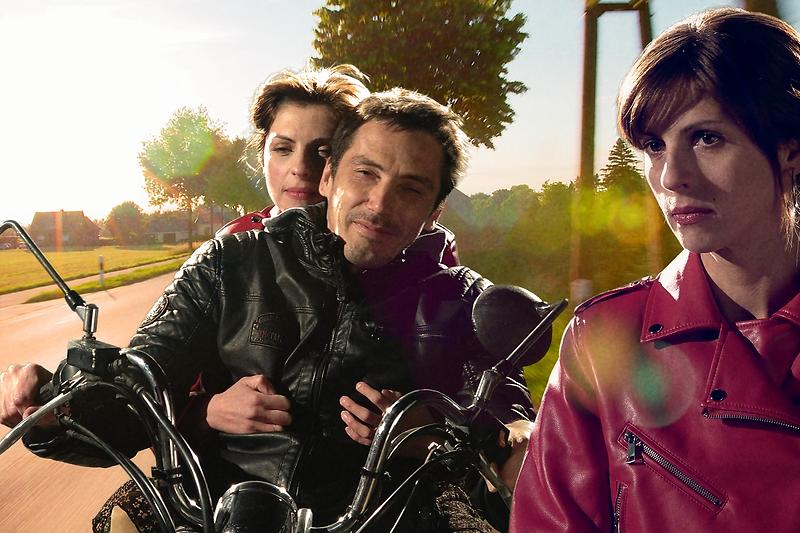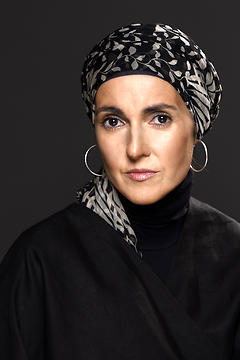
BALADA
A Ballad
Trailer
Nothing about the war this time. In her latest film, shot in trying conditions given the Corona restrictions in force at the time, Aida Begić portrays a woman “who is supposed to follow her dream, but first she has to find out what her dream is.” With a grainy handheld camera, parallel narrative threads, and associative flashbacks, the film engages in a cost-benefit analysis of the favours humans do for one another and the price extracted in return. Begić loosely adapts the plot of a 17th-century South Slavic folk ballad, the Hasanaginica, for the present day. The poem, about a woman whose husband chases her out of his castle without her children after she refused to accompany him to the battlefield, subsequently remarries and later dies of grief, was translated by Johann Wolfgang von Goethe into German as "Klaggesang von der edlen Frau des Asan Aga”. Here things don’t end quite as dramatically as they did back then. And nevertheless, before she finds her proverbial role, Begić's anti-heroine has to endure a number of trials held in store for her by what is a highly patriarchal society. Displaying a closeness to her people, the multi-award-winning director (“Snow”, “Children of Sarajevo”) shows a deliberate willingness to experiment that sees her deviate from classic auteur and festival film, reaping the enthusiasm of local audiences in Sarajevo as a result: “If I find it hard to watch one serious film after another, how can I expect, say, my aunt to go to the cinema and really enjoy it? In Bosnia, we are basically forcing people to watch their own lives on the screen. But this film is funny and light, and I am so proud of that.”
Text: Bernd Buder
English: Peter Rickerby
Obenkino: original version with English subtitles.
Glad-House: original version with English subtitles + German simultaneous translation
AIDA BEGIC
EROL ZUBCEVIC
IGOR CAMO
EMINA KUJUNDZIC
MARIJA PIKIC, JASNA ZALICA, SLAVEN VIDAK, LANA STANISIC, ENES KOZLICIC

Aida Begić - Aida Begić, born May 9, 1976 in Sarajevo, is a Bosnian film director and screenwriter.